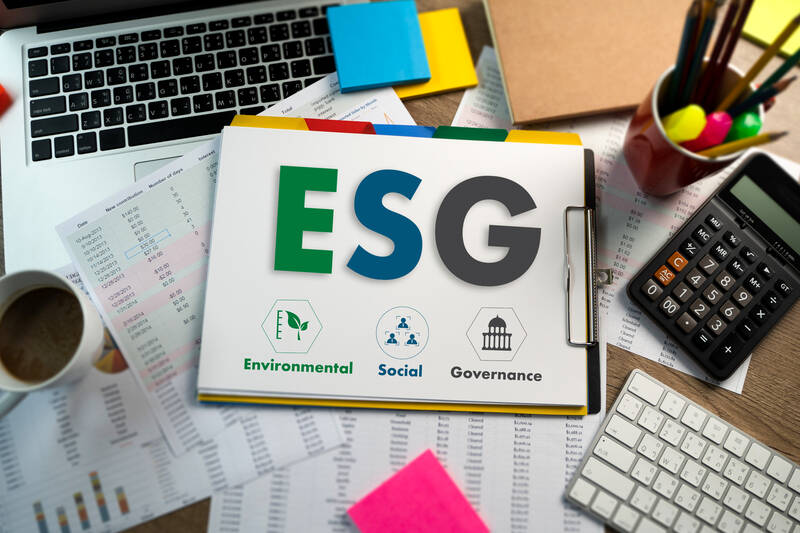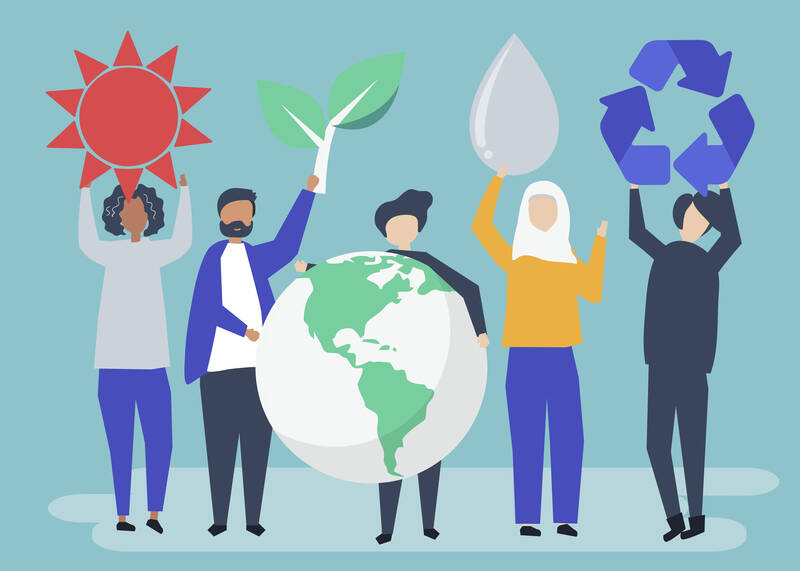Sustainability and Its Growth in Malaysia
The Malaysian Government's Commitment to Catalysing the Sustainability Agenda Is Reflected in the Recently Announced Budget Measures

COVID-19 has upended societies, disrupted businesses and left millions unemployed. It is a wake-up call to the magnitude of disruptions we could face if we remain idle towards issues on sustainability. Governments, investors and businesses are taking heed.
The Malaysian government's commitment to catalysing the sustainability agenda is reflected in the recently announced budget measures. The 2021 Budget, which has a special focus on sustainability, is aligned with the United Nations’ (UN) 17 Sustainable Development Goals (SDGs) and is designed to move Malaysia towards a more sustainable future. Among the measures introduced in the Budget are the first Sustainability Bonds and the extension of the Green Technology Financial Scheme, which will encourage participation from the private sector.
Malaysia is among global leaders in sustainability reporting with 99% of the top 100 companies in the country publishing sustainability reports, according to KPMG International’s Survey of Sustainability Reporting 2020.
More broadly, 80% of the world’s 250 largest companies now report on sustainability, while sustainability reporting in Asia Pacific has grown by 6 percentage points since 2017 to 84%.
Malaysia is ranked second in the region behind Japan (100%) and ahead of India (98%), Taiwan (93%) and Australia (92%). The survey also found that 97% of top 100 companies in Malaysia include sustainability information in their annual reports.
In fact, there is a growing understanding amongst Malaysian boards and companies on the importance of operating in a responsible manner and the impact of ESG (Environmental, Social and Governance) issues on society and economic sustainability which directly correlates to long-term financial performance and corporate value.
The survey also found that more than two-thirds (69%) of reporting companies now connect their business activities with the United Nation’s SDGs in their corporate reporting.
It’s now almost five years into the UN’s ambitious Agenda 2030 and its 17 SDGs; how is Corporate Malaysia and the country as a whole faring towards achieving these goals?
According to the 2019 SDG Index and Dashboards Report, Malaysia ranked 68th out of 162 countries (4th among the ASEAN countries behind Thailand, Vietnam and Singapore).

Malaysia continues to practice unity in diversity approach while emphasising governance, social cohesion and partnership.
National Key Achievements and Progress
Malaysia has successfully transformed its economy, raised living standards, and moved from a low-income to an upper-middle-income economy within a generation. The gross national income (GNI) per capita, expanded about 29-fold, from US$347 in 1970 to US$10,118 in 2020. Among the significant achievements are in eradicating poverty and narrowing inequalities as well as providing better quality of life for the people. The incidence of absolute poverty reduced from 7.6% in 2016 to 5.6% in 2019. Hardcore poverty has almost been eradicated, though pockets among selected groups, and multidimensional deprivations remain.
The COVID-19 crisis resulted in some vulnerable households within the B40 income group fell into higher incidence of poverty and widened the inequality. In response, the government has implemented a series of special economic recovery packages to boost growth and protect the vulnerable. Malaysia has also enhanced its food production, where the self-sufficiency levels of 10 major agri-food commodities continue to improve. However, the nutritional aspect of food security has become more pertinent as Malaysia faces a double burden of malnutrition, particularly involving vulnerable groups and in times of unexpected emergencies.
Malaysia has been successful in providing quality, accessible and affordable healthcare, on par with those in more developed countries, based on the principle of universal health coverage. The country’s health security preparedness was demonstrated by successfully managing the COVID-19 outbreak. However, health burdens are rising due to an aging population, demands for better healthcare, and the increasing NCDs, which currently is responsible for more than 70% of deaths. Initiatives to enhance the healthcare delivery system to promote a better and healthier lifestyle through a multi-sectoral nutrition framework are currently being implemented.
Malaysia is also making progress towards sustainability and managing climate change by adopting a resource-efficient and climate-resilient development model. The sustainable consumption and production (SCP) approach was undertaken through creating a green market, managing waste holistically, and increasing the share of renewable energy in the energy mix. While various efforts are being made to better coordinate SCP, and climate change at the policy level, technical and financial support are still required in the implementation.
Malaysia continues to practice a unity in diversity approach, while emphasising governance, social cohesion and partnership. It is committed to South-South Cooperation through the Malaysian Technical Cooperation Programme, supporting 144 developing countries through technical and capacity building initiatives. In addition, the All-Party Parliamentary Group on SDGs was established to enhance SDG localisation. The Voluntary Local Reviews have also been initiated to ensure local authorities’ programmes and initiatives are in line with the SDGs.
Way Forward
Moving towards 2030, the national development priorities will continue to be aligned and integrated into the SDGs. The SDG Roadmap Phase 2 (2021-2025) will be formulated to advance the SDG agenda by identifying priority areas, key enablers and critical ‘accelerator points’ for lagging SDGs, ensuring policy coherence across all levels of governments, and recommending strategies and plan of actions. Localising SDGs initiatives will also be further strengthened. The 12th MP will ensure that the people will benefit from socio-economic development, achieve inclusivity and social cohesion, and improve general well being. Malaysia will advance green growth towards a low-carbon nation, ultimately obtaining a carbon-neutral future. Effective execution of the 12th MP will contribute to achievement of the 2030 Agenda.
In an effort to emerge stronger from COVID-19, it is imperative for businesses to rethink their Environmental, Social, and Governance (ESG) commitments. Embedding more sustainable practices will require combined efforts from businesses, the government, and the public to plan and drive improvements over the long term. This needs to start today for it to have the necessary impact.
Quick Info
Malaysia, getting on the sustainable investments wave
Here are some notable ESG initiatives that have been undertaken:
- Introduction of alternative green financing schemes such as Green Sukuk and the Green Technology Financing Scheme, to finance and stimulate sustainable projects.
- The Securities Commission (SC) launched the ‘Sustainable and Responsible Investment Roadmap’ publication in November 2019. Among the strategies outlined are:
- Widening the range of Sustainable and Responsible Investment (SRI) instruments,
- Building the SRI community; and
- Building good governance
- A local chapter of the World Economic Forum (WEF) Climate Governance initiative was established in 2019, making Malaysia the second country in the world to have a local chapter. It aims to help local board members acquire sustainability skills and knowledge. The inception of Malaysia’s Climate Governance was inspired by PwC's WEF Climate Governance report, “How to Set Up Effective Climate Governance on Corporate Boards”
- There is an increasing trend in Shariah compliant ESG funds launched this year, including Bank Islam’s Robo-Intelligence Sustainable Shariah-ESG investing online platform and Maybank Global Sustainable Equity-i Fund.

